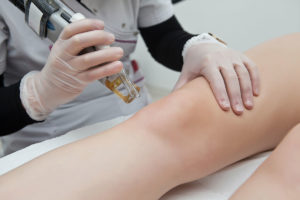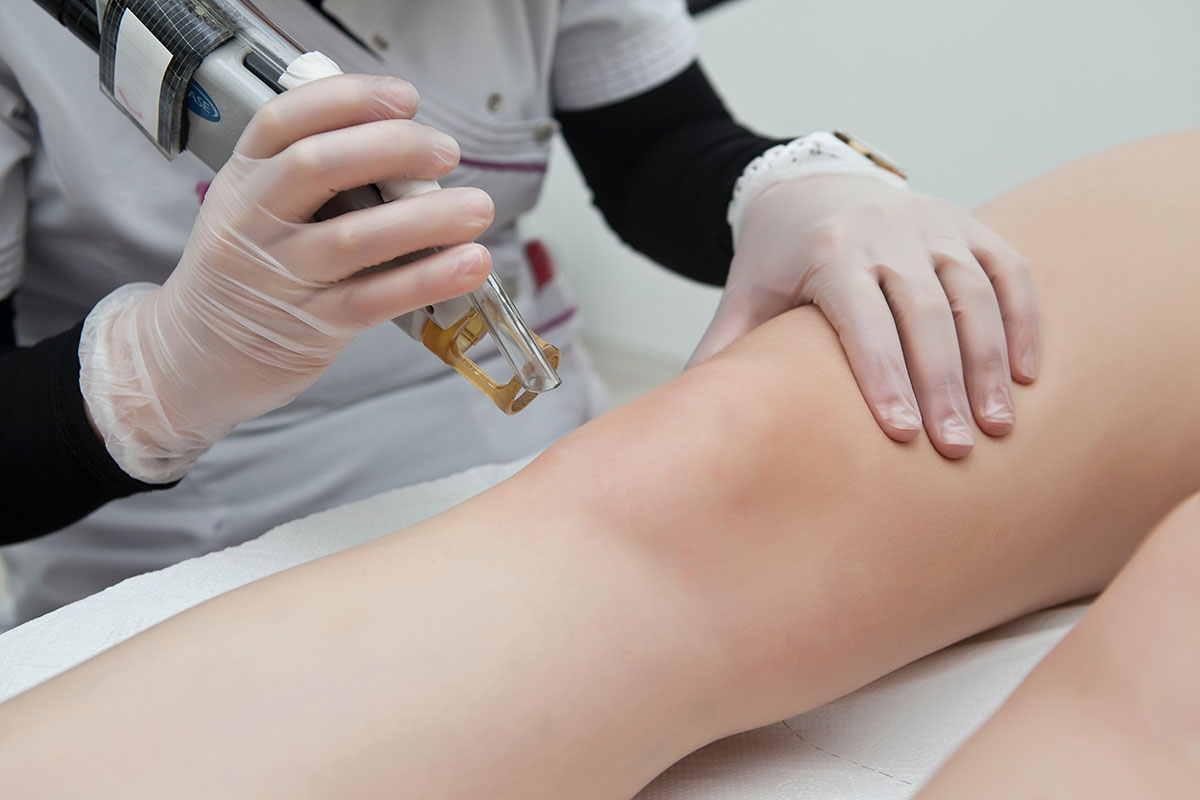Disclaimer: The information on our website is provided for general information purposes only. We make no representations or warranties of any kind, express or implied, about the completeness, accuracy, reliability, suitability or availability with respect to the website or the information contained on our website for any purpose. Any reliance on such information is therefore strictly at your own risk and we are not liable for any damages or losses arising out of or resulting from your reliance on any information contained on our website.
An aesthetician is a licensed skin care professional that works in a clinical setting and may treat a wide range of skincare issues from burns to scars. These professionals may also specialize in a specific field of expertise such as: hair removal, waxing, acne, skin diseases, scaring, laser therapy, face peels, cool sculpting, or helping to repair damage to the skin after chemotherapy. Estheticians and aestheticians are both skincare professionals. However, estheticians focus more on cosmetic treatments where aestheticians help treat the skin through medical treatments.
How to Become a Licensed Aesthetician

Aestheticians must have a high school diploma and complete a state-approved program followed by successfully passing the state exam for a license, which varies from state to state. These schools last anywhere from 100-950 hours long, with most classes providing equal amounts of lectures with hands-on teaching.
Most students complete their training from post-secondary vocational schools, although some post-licensing training is available through associations, manufacturers, and trade shows. After completing licensing, it is necessary to remain current on new techniques and products by attending seminars and classes.
Although a college degree is not a requirement, it would be valuable in competing for a job. Employers often favor applicants who hold some college background in a related field, such as anatomy, physiology, or business. It is also advantageous for an applicant to have more than one certificate in other areas of skincare to demonstrate initiative, knowledge, and experience. A high school student interested in this career can begin taking classes at their school (where offered) in cosmetology, makeup, hair design, and an introduction to licensing and business skills.
Job Description of an Aesthetician
A licensed aesthetician professional typically works 40 hours per week, often including weekends and overtime. Because the procedures in this occupation are varied, they may work in health spas, beauty salons, medical offices, plastic surgeons, or even owning their own business. They sometimes ask assistance from a medical doctor, registered nurse, or nurse practitioner in more severe cases, like burns, injuries, or scarring. Most Aestheticians need to build up their clientele to enhance business and sell skincare products. They prepare the procedure room with the required tools that will be necessary for each client. They follow all safety standards required in their practice.
Aestheticians have strong interpersonal skills and a friendly manner that puts the patient at ease and confident in the care of the professional. They require a thorough knowledge of the service given, as well as maintaining safety standards. They work well with others and have good communication skills. Business applications and sales are also among the skills required. They should be physically able to be on their feet for long periods and make quick decisions.
Resources for Aspiring Aestheticians
You can visit the following websites to research a career as an aesthetician.
- Contact The National Interstate Council Boards of Cosmetology for exam and licensing questions.
- State exams and professional links can be found on the Professional Beauty Association and the American Association of Cosmetology Schools websites.
- The Associated Skin Care Professionals has a Beauty School Directory.
- You can find further information on the Spa Industry at The International Spa Association.
Skincare Specialist Career Video Transcript
Their clients could be taking a day to treat themselves at a spa, or fighting a case of acne, but no matter what, skincare specialists take the business of beauty very seriously. Skincare specialists give facials, full-body treatments, and head and neck massages to improve the health and appearance of the skin. Some may provide additional skincare treatments, such as peels, masks, and scrubs, to remove dead or dry skin. They may also recommend skincare products to clients, perform hair removal procedures, or teach clients about skincare techniques. They finish by cleaning and disinfecting any equipment as well as their work area.
Most skincare specialists work in salons or health spas, but some work in medical offices and other settings. Generally, skin care specialists work full-time and may work evenings and weekends. It is common to work more than 40 hours a week. Depending on the chemicals they use in their practice, skincare specialists may require protective clothing and a well-ventilated workspace. Having to stand for extended periods is often necessary. Skincare specialists must complete a state-approved training program and then pass a state licensure exam, which all states except Connecticut require. Although some high schools offer technical training, most people receive their training from a trade or technical school.

